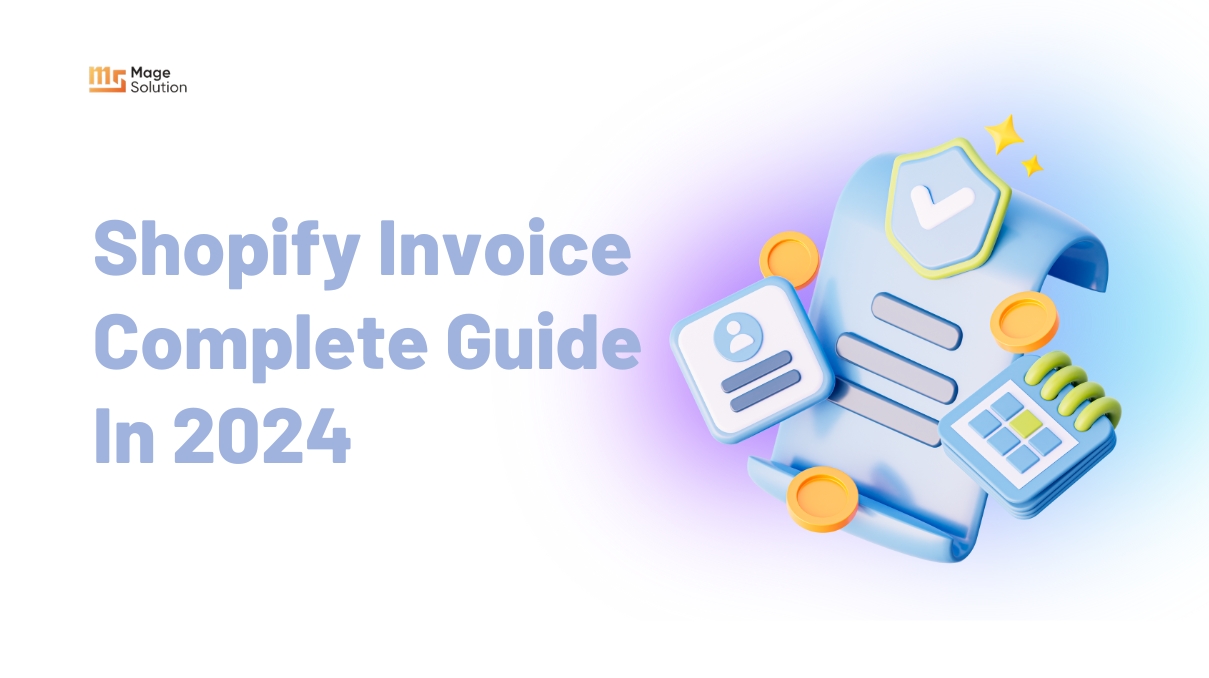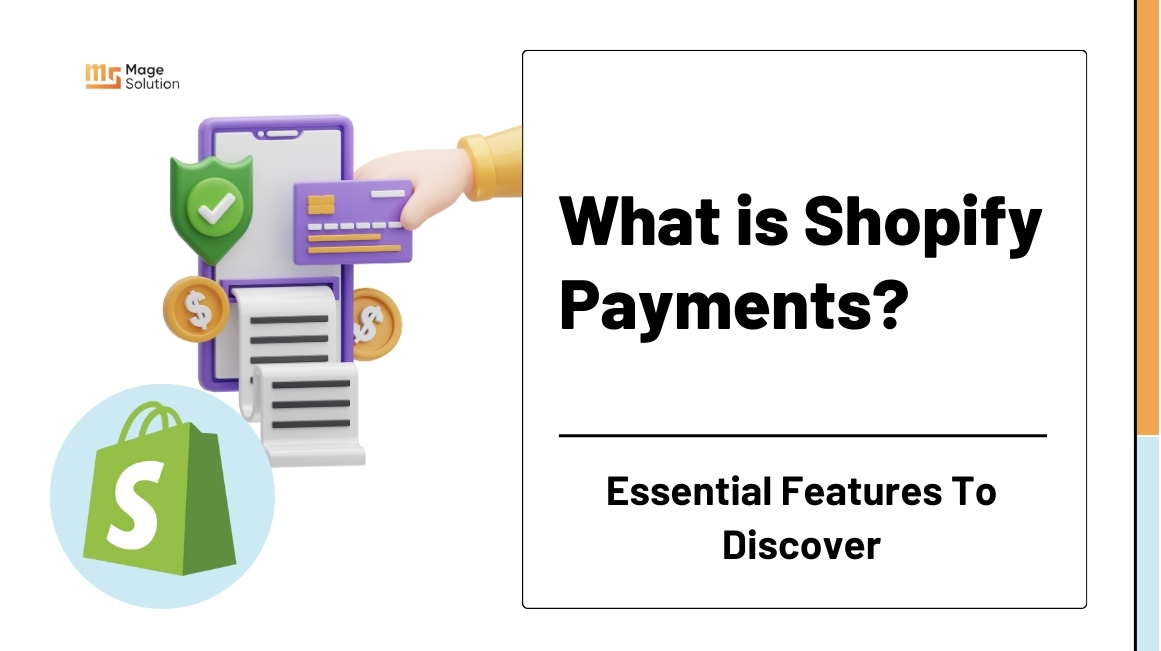Are you afraid of your Shopify store being attacked by hackers? Have you ever wondered about the level of security Shopify providers can offer?The dependability of your online shop and the security of the transactions are a guarantee of steady sales, trusting client relationships, and the avoidance of financial loss for your organization.
Security systems are responsible for this. Let’s examine the issues that pose a threat to eCommerce businesses and their clients, as well as what the Shopify payment security system can provide if such issues happen.
Online store platform susceptibility
Because of the developers’ poor quality or inconsistent support, the site becomes infected with viruses. We use Shopify since it frequently occurs while working with free eCommerce platforms
Authentication
To validate the identity of both the buyer and the seller, use an email confirmation and the three pieces of essential information – name, phone number, and address. There are trustworthy algorithms in eCommerce systems like Shopify that alert the owner to a strange order.
A current benchmark for user data security is the SSL certificate. It transfers user data to the server while encrypting it in a certain way to prevent other parties from intercepting it.
Attacks on servers and fault tolerance
Your online business needs to be able to handle a high volume of traffic and protect you from widespread spam assaults.
An increasingly common scene is when a freshly established online business starts to grow and the traffic enters the Google index. Even if only for one item, this is a fantastic accomplishment. Spammers have an influence on your store since they flood your server with millions of requests along with the increase in customers. As a result, your store’s server is unable to support the increasing traffic and crashes. As a result, your success could deceive you.
Is Shopify a safe platform?
Shopify store security system
1. Shopify payment

The Shopify Security problem affects two stakeholder groups: consumers and owners of online stores. It is crucial to protect both of these groups rather than merely provide solutions for one of them. According to one theory, the tariff plan affects how secure your internet store is. That is untrue; you receive a similar degree of security regardless of your tariff.
The same security requirements apply to all of the plans, which range in price from $29 per month to the most costly ones. To help you safeguard your business, you don’t need to install sophisticated apps, configure server settings over an extended period, manually set SSL certificates, or contact the FBI division. Regarding the Plus plan, there is only one minor issue.
This tariff plan’s processing of a significant amount of information allows for substantially greater security. The server must be able to handle as many simultaneous visits from users as possible.
2. Shopify Security standards
Major international payment networks including Visa, MasterCard, American Express, JCB, and Discover embraced the PCI compliance data security standard, which was developed by the Payment Card Industry Security Standards Board. Without this standard, it is impossible to conceive contemporary eCommerce since it calls for a comprehensive strategy to protect the security of credit card information.
Shopify has received Level 1 PCI DSS certification. It indicates that the businesses have methods for data encryption, safeguarding Shopify money transactions, preventing malware on the servers, tools for risk analysis, and ongoing security vigilance. At the point of transactions and card data entry, the buyer and the seller are already protected.
3. SSL certificate
Every Shopify store also comes with a free 256-bit SSL certificate for robust data security. The encryption used here is 256 bit, which is regarded as one of the most trustworthy. The cipher is as follows: 457,540,007,913,129,639,936, 115,792,089,237,316,195,423,570,985,008,687,907,853,269,984,665,640,564,039 (78 digits of possible combinations).
The Public/Private Key Pair technique serves as the foundation for this idea. An attacker will only need to try 2 out of 256 times to decrypt a key that resembles a 78-digit number thanks to 256-bit encryption. Consequently, a 2-bit key exists. 00, 01, 10, and 11 will therefore make up its two two (4) digits. As a result, there are 2,256 (index on top) potential choices for a 256-bit key.
4. Server fault tolerance
The platform developers offer 24/7 technical and customer assistance to each Shopify business owner. Based on our own experience, we can guarantee this assertion. The data are available here. The platform’s current state and the security flaws that Shopify has addressed are displayed in this link. The servers can tolerate large loads and are consistently stable.
A Shopify data protection system includes fraud analysis. Every online retailer that has this functionality is functional. It is made up of several indications that are gathered into a single system, including IP addresses, buyer locations, shipping addresses, the number of registration tries, etc.
So you received the order. Then, you learn via the Fraud Analysis page that 10 attempts to use various credit card numbers to place an order have been made, and the customer’s IP address is on the list of spammers.
Consider a scenario in which you have been paid for this order and do not care if the products cannot be picked up. The following might happen as this situation develops:
Scenario 1: The card data was taken after the payment was received. Because he did not make this transaction, the cardholder requests you for a refund. It will take a lot of effort to try to understand what happened, and then you will need to give the cardholder their money back.
Scenario 2: You are already aware of this situation, so if you receive a questionable order, take note of these signs and contact the customer. When the elements of the order are clarified, it becomes clear that the buyer is not a scammer but just unfamiliar with using an online business or experiencing connectivity issues. The causes may vary, but because you and the client responded to the warning appropriately, you were able to protect yourself and them from the difficult circumstances.
How to boost security on your Shopify store?

1. Secure payment options
It is difficult to match Shopify’s commitment to providing clients with the highest levels of server compliance for credit card processing. The PCI compliance of Shopify, one of its main advantages over alternative self-hosted options, is right below
For instance, it will cost hundreds to thousands of dollars to operate your own server using Magento and achieve the same degree of compliance. Otherwise, you risk being charged a $20–$30 monthly PCI non-compliance fee.
Shopify was built with PCI compliance. This implies that you don’t need to take any action or invest any money to guarantee the security of your credit card processing. Customers won’t even need to consider the security of their credit card information in order to make payments as needed.
2. 99.98% uptime
Many business owners worry about keeping their establishments open. For instance, during Prime Day, Amazon may have lost up to $100 million in sales in just one hour of downtime.
Shopify is a SaaS-hosted product. This indicates that no extra installation is needed because your store is already hosted on Shopify servers. As a result, Shopify offers merchants a 99.98% uptime guarantee. This aids retailers in avoiding losses brought on by their store’s unavailability during busy periods.
3. Increased credibility
You may put a security badge up on your online business as a Shopify store owner to win your consumers’ trust. This mark can be linked to a statement of how Shopify complies with Payment Card Industry (PCI) requirements.
Through the Shopify admin area, add the security badge code to your online business. You may pick a bright or dark security badge to contrast with the color scheme of your theme. You may resize the badges without losing picture quality because they are in.svg format.
4. Admin security
The back end of Shopify is safe and has a procedure for granting personnel access. For any user that has access to your Shopify admin, you may create accounts. By imposing security measures to verify and limit access, you can do your part to safeguard your online store from security lapses.
Without providing them access to private data, you may also grant workers access to your Shopify admin. Your employees can keep up with current updates, orders, and customer interactions on your timeline to keep you on track.
5. Customer data
Shopify offers rules so that the developer community may adhere to the law. With the help of this information, Shopify is prestigious as it stores with the personal data of millions of consumers and over 1,000,000 businesses. By taking accountability seriously, Shopify offers guidelines for developers to follow in order to maintain the security and privacy of customer data.
The use guidelines for Shopify are created in a way that makes them open and accessible for all users. The platform invites collaborators to share the benefits of developing on it. Additionally, this upholds restrictions and norms that maintain fairness for all parties.
Shopify also offers documentation for the terms of use and API licensing. This is a list of restrictions on how to use the top eCommerce platform in the world.
6. Fraud protection
Shopify companies are better protected against fake chargebacks thanks to fraud prevention. This makes it simpler for retailers to handle orders swiftly and confidently. Online orders are labeled as “protected” or “not protected” if Fraud Protection is activated.
For each protected order, the merchant is charged a fee, and Shopify promises to pay the order. This implies that Shopify will return the money and manage the chargeback procedure on your behalf in the event of a chargeback. Only Americans may presently use this function, though.
Read more:
>> The powerful Shopify marketing strategies to boost sales in 2022
>> How to deal with Shopify fraud and chargebacks and minimize these risks
Conclusion
So, we have discovered how secure Shopify is and some ways to secure your Shopify stores. Shopify is one of the best choice when it comes to building a high secured eCommerce shop. If you are already having one and are dealing with some difficult problems or have any questions, our professionals would be pleased to assist you.
At Magesolution, we build high-quality Shopify Development services. These solutions help build your digital Shopify stores from start to finish and if there is any problem, you will receive 24/7 support from our teams of experts. If you show interest in our services, don’t hesitate to DIRECT US!.



